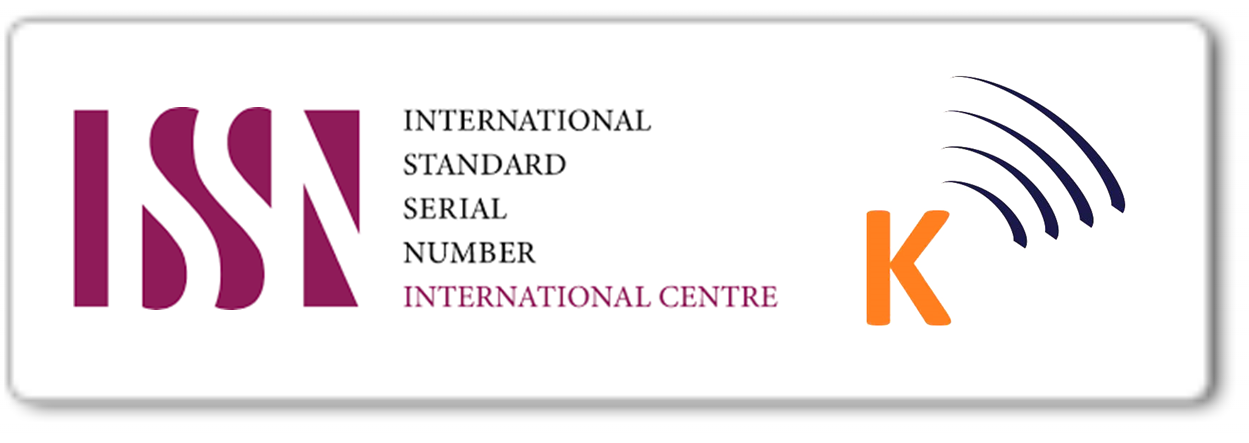Pengaruh Bahan Ajar E-Modul Berpendekatan Contextual Teaching Learning Terhadap Peningkatan Kemampuan Pemahaman Konsep Peserta Didik
Keywords: e-module, CTL approach, concept understanding
Abstract
The results of the observations show that there are no teaching materials in the form of e-modules used by mathematics teachers in junior high schools. Based on the problem and research objectives, this type of research is quasi-experimental. This research was conducted in two groups, namely the learning experiment class using e-modules with a CTL approach and the control class using conventional learning. The population in this study were all seventh-grade students at Blue Junior High School for the 2020/2021 academic year which consisted of 2 classes. To obtain the sample class, namely the experimental and control classes, a random sampling technique was used. VII B was the experimental class, and class VII A was chosen as the control class. The instrument used is a test consisting of 5 questions about conceptual understanding test. Data analysis using the t-test. From the students' responses to the e-module, the criteria were "very interesting" with a percentage of 90.6%. The calculation results obtained is 2.704 with a significance level of 0.009. Based on the results of the hypothesis test, Ho is rejected, this means that there is a significant effect on the use of e-module teaching materials with a CTL approach to improving students' conceptual understanding abilities.
Downloads
References
Anshori, S. (2018). Pemanfaatan Teknologi Informasi dan Komunikasi Sebagai Media Pembelajaran. Jurnal Ilmu Pendidikan PKn dan Sosial Budaya, (2)1, 88-100.
Arieska, P, K., & Herdiani, N. (2018). Pemilihan Teknik Sampling Berdasarkan Perhitungan Efisiensi Relatif. Jurnal Statistika, (6)2, 166-171.
Asyhar, R. (2013). Kreatif Mengembangkan Media Pembelajaran. Jakarta: Gaung Persada.
Herawati, N. S., & Muhtadi, A. (2018). Pengembangan Modul Elektronik Interaktif Pada Mata Pelajaran Kimia Kelas XI SMA. Jurnal Inovasi Teknologi Pendidikan, (5)2, 180-191.
Hidayat, R., & Nurrohmah. (2016). Analisis Peningkatan Kemampuan Pemahaman Konsep Matematis Siswa MTs Lewat Penerapan Model Pembelajaran Problem Based Learning Berbantuan Software Geogebra Berdasarkan Kemampuan Awal Matematika. JPPM, 9(1), 12–19.
Hudojo, H., (2018), Pengembangan Kurikulum dan Pembelajaran Matematika, UM Press, Malang.
Lasmiyati, & Harta, I. (2014). Pengembangan Modul Pembelajaran untuk Meningkatkan Pemahaman Konsep dan Minat SMP. Jurnal Pendidikan Matematika, 9(2), 161–174.
Mulyasa, E. (2014). Kurikulum Berbasis Kompetensi: Konsep, Karakteristik, dan Implementasi. Bandung: Remaja Rosdakarya.
Putra, F. G. (2017). Eksperimentasi Pendekalan Kontekstual Berbantuan Hands On Activity Terhadap Kemampuan Pemecahan Masalah Matematik. Aljabar: Jurnal Pendidikan Matematika, (8)1, 73-80.
Putri, D. P. (2017). Model Pembelajaran Concept Attainment dalam Meningkatkan Pemahaman Konsep Matematika. Jurnal Tatsqif. 15(1).
Razzaq, A. (2019). Pengembangan E-Modul Pada Materi Membuat Vektor Mata Pelajaran Dasar Desain Grafis di SMK Negeri 7 Surabaya. Jurnal Mahasiswa Teknologi Pendidikan, 9(2).
Ruseffendi, E. T. (2016). Pengantar Kepada Membantu Guru Mengembangkan Kompetensinya dalam Pengajaran Matematika untuk Meningkatkan CBSA. Bandung: Tarsito.
Sriwahyuni, I. (2019). Pengembangan Bahan Ajar Elektronik Menggunakan Flip PDF Professional Pada Materi Alat-Alat Optik di SMA. Jurnal Kumparan Fisika, 2(3), 145–152.
Sugiyono. (2016). Metode Penelitian Kuantitatif, kualitatif, dan R&D. Bandung: Alfabeta.
Surata, I. K., & Marhaeni, I. G. A. (2019). Pendekatan Contextual Teaching and Learning (CTL) Berbasis Lembar Kerja Peserta Didik untuk Meningkatkan Aktivitas Belajar Biologi. Jurnal Pendidikan Biologi, (4)2, 114-121.
Copyright (c) 2022 Yunia Lestari, Sugeng Sutiarso, Sugilar Sugilar

This work is licensed under a Creative Commons Attribution-NonCommercial-ShareAlike 4.0 International License.







